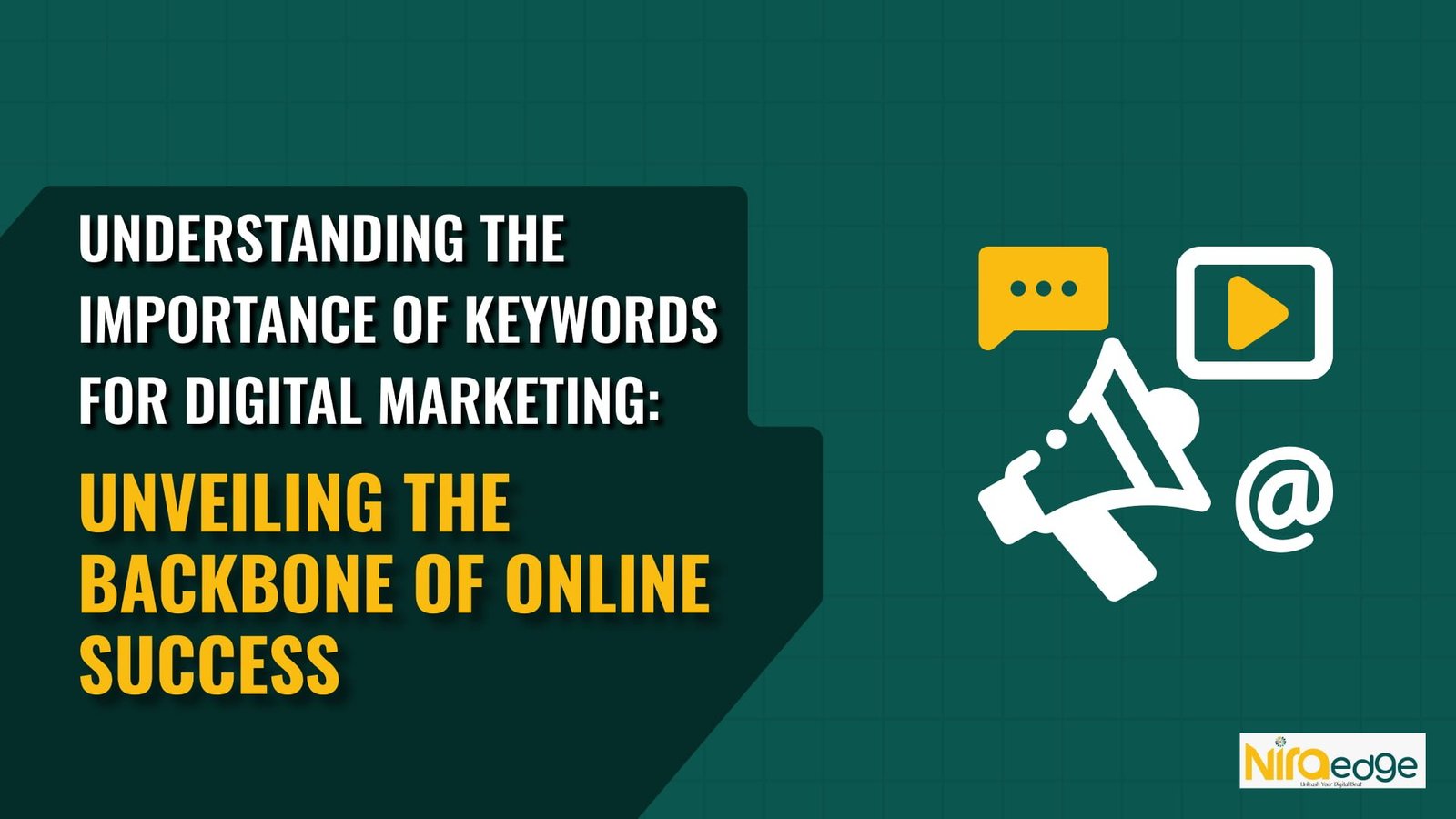
Unlocking the Power of Voice Search: How It’s Revolutionising Google Ads in 2023
- Nira Edge
- August 19, 2023
- Blog, Business Tips, Marketing, Marketing Tips, SEO Optimization
- Business, digital marketing, Marketing, SEO Optimization, Voice Search
- 0 Comments
Staying ahead of the curve is paramount in the ever-evolving digital marketing landscape. One of the most transformative shifts we’ve witnessed recently is the growing popularity of voice search and its profound impact on Google Ads in 2023. This seismic change has forced businesses and advertisers to rethink their strategies and adapt to the new dynamics of consumer behaviour.
The Voice Search Revolution
Voice search technology has moved from being a futuristic concept to an integral part of our daily lives. With the proliferation of virtual assistants like Siri, Alexa, Google Assistant, and more, users increasingly use voice commands to search for information, make inquiries, and interact with their devices. This shift in user behaviour has influenced how people search for information and trigger a cascade of changes in how search engines deliver results.
The Rise of Conversational Queries
Traditional text-based searches are often succinct and utilise keywords to generate results. However, voice search has brought about the rise of conversational queries, where users interact with search engines as if conversing with a human. This shift demands a new approach to content creation and optimization. Businesses must now focus on creating content that addresses these conversational queries, using natural language and contextually relevant information.
Impact on Keywords and Advertisements
The surge in voice search has compelled marketers to reevaluate their keyword strategies. Long-tail keywords and phrases that mimic natural language patterns have gained prominence. While short keywords remain essential, the focus has shifted towards understanding the intent behind the queries. Advertisers need to align their content with these intent-based searches to ensure their ads appear for the right audience.
Adapting Google Ads Campaigns
As the landscape of search evolves, so must Google Ads campaigns. The traditional approach of designing ads with concise and catchy phrases may need to be augmented with more comprehensive and informative content. This caters to the conversational nature of voice search queries and provides users with valuable insights, establishing the brand’s authority and credibility.
Optimising for Featured Snippets
Featured snippets have become the Holy Grail of search engine result pages (SERPs). These concise, information-rich snippets are often presented as answers to voice search queries. Businesses can increase their chances of appearing in these coveted featured snippets by structuring content to answer common voice search questions directly.
Local Search and Voice Queries
Voice search is closely tied to local search queries. Users often employ voice search to find nearby businesses, services, or products. This presents a significant opportunity for businesses to optimise their content for local search. Ensuring accurate and up-to-date business information across online platforms can enhance visibility in local voice search results.
The Need for Mobile-Friendly Content
Voice searches are predominantly conducted on mobile devices. This underscores the importance of having a mobile-friendly website that loads quickly and offers a seamless user experience. A slow-loading website can deter users and impact bounce rates, even if your content is relevant and informative.
User Experience and Engagement
In voice search, user experience and engagement take centre stage. Businesses need to focus on creating content that answers queries and engages users effectively. This involves crafting compelling introductions, delivering concise and valuable information, and providing clear calls to action.
The Future of Google Ads and Voice Search
The symbiotic relationship between Google Ads and voice search is poised to deepen in the coming years. As search engines refine their algorithms to understand user intent better, businesses must adapt their strategies accordingly. Incorporating schema markup, leveraging structured data, and consistently producing high-quality, informative content will remain crucial.
In conclusion, the growing popularity of voice search is reshaping the landscape of digital marketing, particularly in Google Ads. Businesses that embrace this shift and adjust their strategies to align with the conversational nature of voice search will be better poised to capture the attention of their target audience. The key lies in understanding user intent, optimising content for natural language queries, and delivering a seamless user experience.
FAQs
Marketing automation can benefit businesses of all sizes; small ones can mainly utilise this tool to streamline operations and compete effectively in today's marketplace.
Marketing automation strengthens customer relationships by providing relevant, timely content addressing customers' needs and preferences.
Marketing automation makes personalisation possible: tailor messages based on customer behavior, preferences and demographics.
Effective management of automation tools requires proficiency in data analysis, content creation and understanding customer behavior - these are invaluable attributes of successful management of automated tools.
While automation handles repetitive tasks, human intervention is necessary for strategic decision-making, content creation, and maintaining a personal touch.

How Can Marketing Automation Expand My Business?

7 Steps To Launch A Powered-Up LinkedIn Content Strategy For Personal Branding

Understanding The Importance Of Keywords For Digital Marketing: Unveiling the Backbone of Online Success

SEO vs. PPC: Making the Right Marketing Choice

Unlocking the Power of Voice Search: How It’s Revolutionising Google Ads in 2023

Unlocking Success: A Comprehensive Guide on How to Generate Leads Through Social Media
Related Posts

- Nira Edge
- March 28, 2022
5 Content Marketing Trends to Consider in 2022
Use new content marketing tactics to engage customers. It's a new decade, and with it comes c ..

- Nira Edge
- August 7, 2023
How to Rank #1 on Google: Strategies for Dominating Search Results
In the vast and competitive digital landscape, securing the top position on Google’s sear ..








Leave A Comment